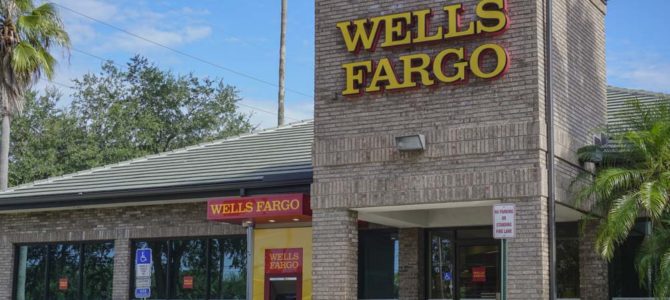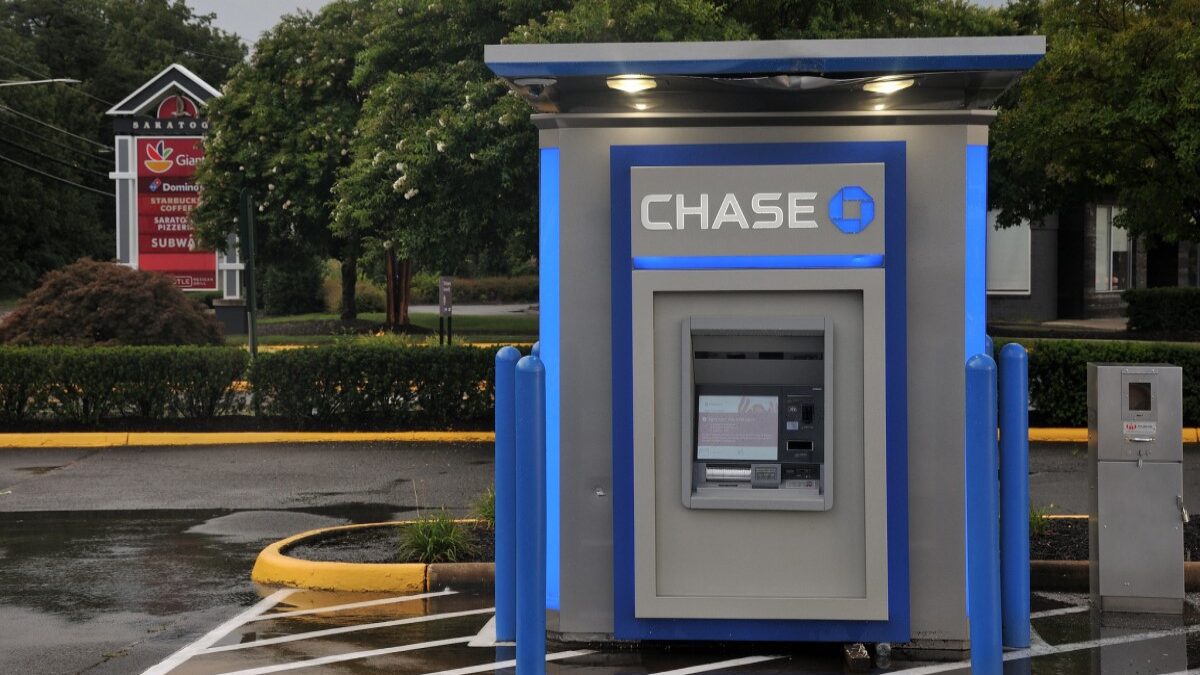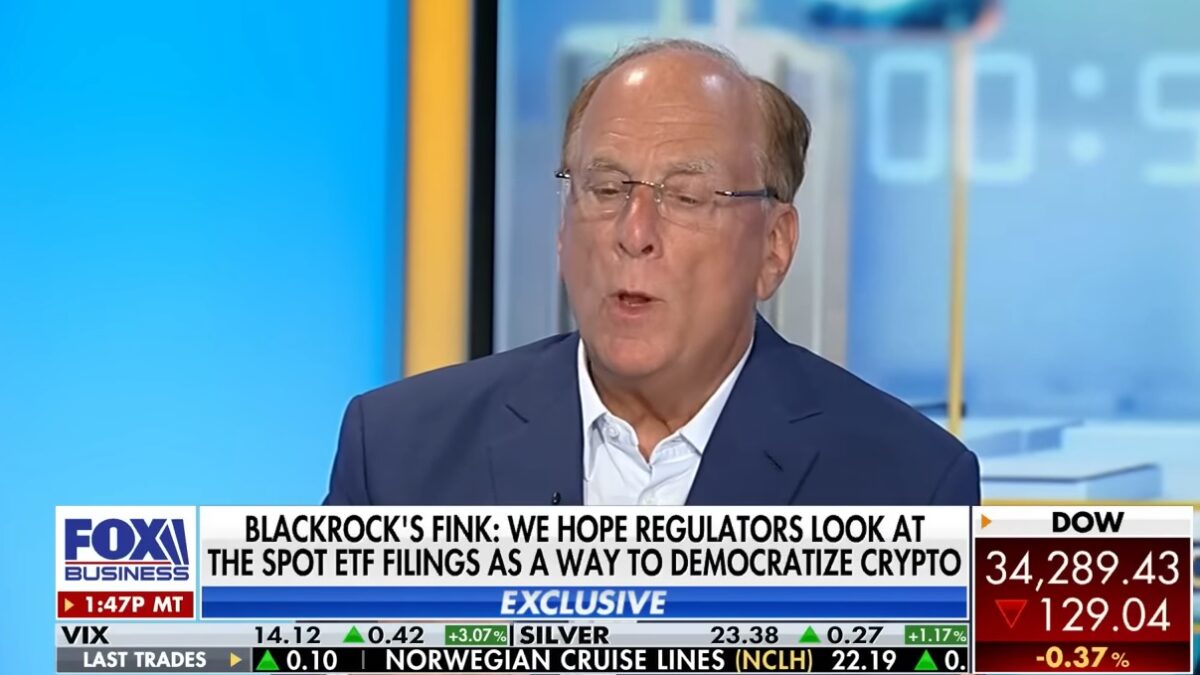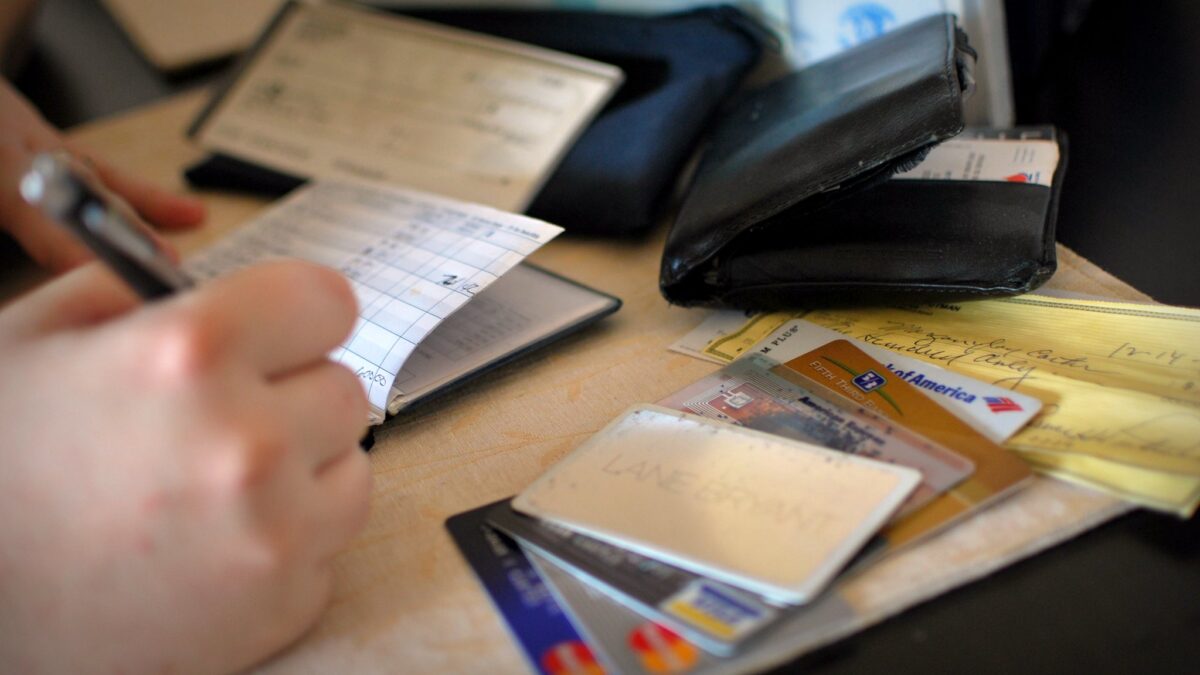
You work hard, save what money you can, get a loan for the rest, and take a chance on starting your own business. It’s the American dream, right? But what if that loan weren’t there, or if political or social pressure causes the bank you trusted with your business to cut you off? The dream can quickly turn into a nightmare.
That’s what happened to many American entrepreneurs thanks to the Obama administration’s Operation Choke Point. Launched in 2012, Operation Choke Point’s stated purpose according to government documents was “to attack Internet, telemarketing, mail, and other mass market fraud against consumers, by choking fraudsters’ access to the banking system.”
Citing this initiative, regulators encouraged banks to avoid a broad list of “high risk” industries, with bureaucrats abusing the opportunity to target otherwise legal industries not engaging in mass fraud, but nevertheless disfavored by the administration, such as short-term lenders, gun manufacturers and dealers, and tobacco sellers.
The key insight of Operation Choke Point—and the reason for its name—was that industries deemed undesirable could be “choked” out of existence by losing ordinary banking services. Indeed, the implicit threat of a federal investigation based on “reputational risk” allowed bureaucrats to trigger panic among banks regarding certain industries simply by listing them on a memo.
Operation Choke Point was eventually, and rightfully, seen as an abuse of power and the Trump administration ended it. Unfortunately, the larger problem of biased banking that it helped kick off is only getting worse.
Although gone, Operation Choke Point provided a proof of concept that lawful businesses could be brought to heel by targeting their partnered financial institutions. And in today’s world of social media outrage mobs, threats of federal investigation aren’t the only way to scare banks into cooperating.
In recent years, financial institutions have been targeted for relationships with the National Rifle Association, for financing the Dakota Access Pipelines, and for working with companies operating private detention facilities. Some of these campaigns have succeeded in causing banks to sever ties with their customers, which means we can only expect such efforts to increase.
Despite the scandalous results of Operation Choke Point, politicians are starting to get involved again. Rep. Carolyn Maloney used an oversight hearing by the House Financial Services Committee earlier this year to pressure Wells Fargo to become an enforcer for gun control “best practices” by cutting ties with any in the gun industry who refused to follow the policies some members of Congress prefer, despite failing to enact them into law.
This represents a gross abuse of power with implications far beyond the nation’s gun control debate. It gets to the very idea of America as a nation governed by the rule of law. And it jeopardizes the proper functioning of an industry—financial services—that is essential for the nation’s economic success.
Ultimately, the targeted industries aren’t the only ones who suffer when political and social pressure dictate banking decisions. An inability to develop and distribute new energy sources, for instance, means higher prices for consumers. Likewise, any industry taken down in this fashion means lost jobs in the short run, but it also means a less efficient economy overall, where capital resources are allocated by the heckler’s veto instead of where the market otherwise indicates would be the most productive.
Therefore, the Center for Freedom and Prosperity launched a new initiative to Stop Biased Banking. We want to draw attention to the problem and find solutions before it metastasizes.
America’s financial system increasingly is being abused by activists and ideologues to advance partisan agendas. This pattern of misbehavior jeopardizes lawful American businesses, undermines the integrity of the financial system, and threatens the foundational principle of the rule of law. Biased banking needs to be stopped before it gets completely out of control.









